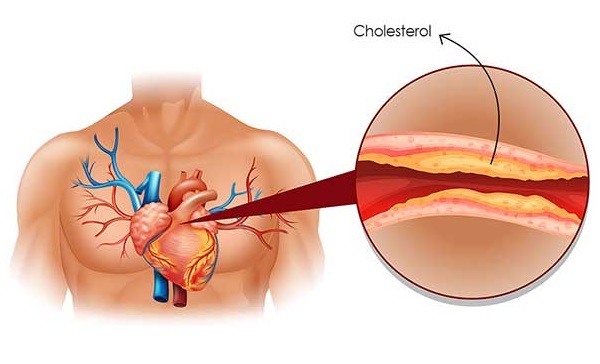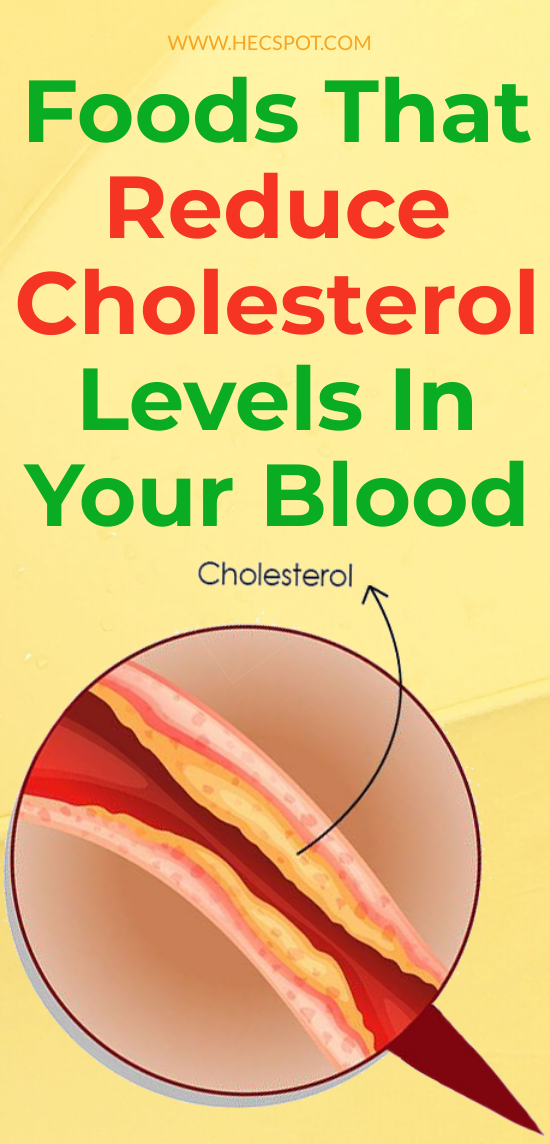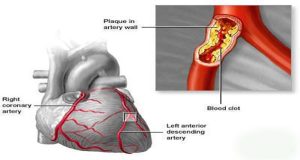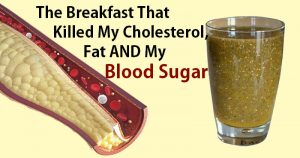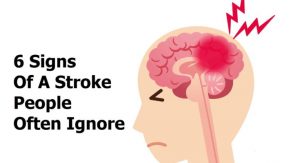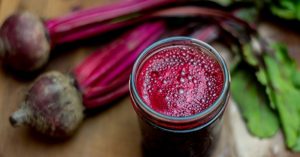Are you struggling to lose weight and maintain a healthy diet? You may have a toxic fatty acid that blocks weight loss.
Here's how a simple “Ice Hack” speed up my fat loss and helped me restore my health, watch now.

Hypercholesterolemia also called high cholesterol, is a condition characterized by very high levels of cholesterol in the blood. In fact, it’s a form of high blood lipids, which increases the risk of cardiovascular diseases.
Studies claim that over one-third of American adults suffer from high levels of LDL (bad) cholesterol. To point out this condition is a key risk factor, it can cause a heart attack or stroke, which may lead to permanent damage or even death.
There are three main types of cholesterol in the body:
- Low-density lipoprotein (LDL)
- Very low-density lipoprotein (VLDL)
- High-density lipoprotein (HDL)
The LDL and VLDL are considered as “bad” cholesterol, while HDL is heart-friendly and is considered good for the health.
Here are 3 foods to reduce the bad cholesterol levels and improve the good:
- Soy Products
Soy products provide a good source of plant-based protein, fiber, and are extremely heart-healthy. Additionally, eating soy foods is one the best way to achieve a low cholesterol diet that lowers the “LDL”.
For the purpose to reduce cholesterol, make sure your diet involves more soybeans, tofu, edamame, soy flour, and rich soy milk. Also, soybeans are rich in various bioactive plant compounds, providing high levels of vitamins and minerals.
- Oatmeal
Oatmeal has proven itself for lowering “LDL” cholesterol levels. People with the highest cholesterol levels seem to benefit the most from a single bowl of oatmeal in the morning.
Oatmeal contains soluble fiber, which reduces the absorption of cholesterol into your bloodstream. While the fiber prevents overeating and makes you feel full for longer.
- Almond
Almonds are pretty hardworking nuts when it comes to lowering the bad “LDL” cholesterol and improving the good “HDL” one. They contain plenty of monounsaturated fats, polyunsaturated fats, and fibers providing a beneficial effect on your heart.
Almonds can be used with cereals, yogurts or topping salads. Other nuts and seeds like flaxseeds and walnuts are also beneficial.
Source: healthandhealthyliving.com
"Lastly, here's a special reward, a drink that killed my cholesterol, fat and my blood sugar.
I lost 62 lbs of deadly fat, clogging up arteries and completely transformed my body in my 40s.
Here's the video of how to prepare this juice, lose at least 28 lbs – in as little as 21 days!
Consume this way, it can help you with blood sugar, cholesterol and many other health benefits. Watch now.

